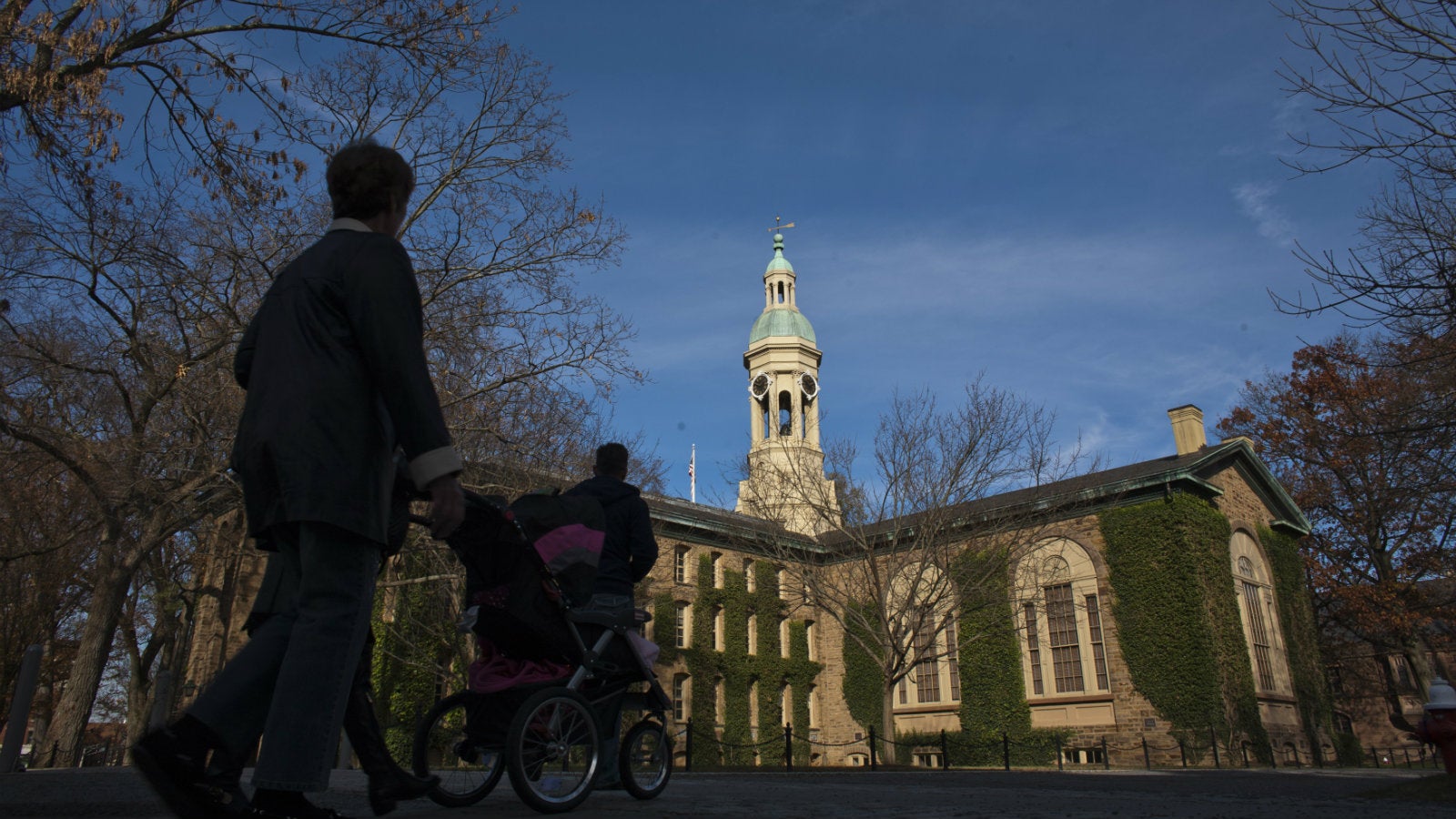Princeton University proudly showcases its “anti-national” badge to an Indian minister
In the last one month, universities and experts from all over the globe have voiced their concern about the clamping down on free speech by the Narendra Modi-led government across India’s educational campuses.


In the last one month, universities and experts from all over the globe have voiced their concern about the clamping down on free speech by the Narendra Modi-led government across India’s educational campuses.
On Feb. 12, Kanhaiya Kumar, a students union leader at New Delhi’s Jawaharlal Nehru University (JNU), was arrested on charges of sedition for allegedly shouting anti-national slogans. Although it was reported later that the allegations were mostly based on doctored videos and dodgy evidence, the incident generated a lot of heat in the country.
While the arrest—especially coming on the basis of alleged fake evidence—itself was condemned by the opposition parties, the political class was largely of the view that if seditious slogans were raised, it had to be rejected strongly.
Senior government officials led the charge against such alleged “anti-national” elements in universities.
For instance, in February, M Venkaiah Naidu, the Indian minister for urban development, asked in the Lok Sabha whether the slogans of the kind that were allegedly raised in JNU would have been tolerated in the US.
“Can they (the US) hold Osama bin Laden martyrdom anniversary in any university in America… Let America say, ‘Osama, we are ashamed your killers roam free; USA shall be divided into pieces’, Allah willing, Insha Allah. If somebody says like that, is America going to tolerate this?” Naidu asked.
Naidu has finally got an answer.
Christopher L. Eisgruber, president of the Princeton University, an Ivy League institution, has told the Indian Express newspaper that his institution would have permitted such an event, and “there would be no disciplinary action of any kind against those students.”
Eisgruber added:
That’s unambiguous. It could be very offensive. I might be called upon depending on what the students said or did. Under some circumstances, I might have to speak out and indicate my disagreement as the President (of Princeton) and say that what the students were expressing was not consistent with the views of the university. I expect in the circumstances you are describing, there would be a number of people who would call on me to take action.
We would and should tolerate that. It would be very disruptive. People would be very angry about the statement. But we would not discipline somebody for making statements of that nature.
We at Princeton believe that it is a fundamental advantage for a university to be able to tolerate even offensive kinds of speech and to respond to bad arguments when they are made with more speech rather than with disciplinary actions.
We think that the university, as we conceive at Princeton, is founded on the idea that overall you are better off letting offensive ideas be stated even when they are very offensive. And responding to them and letting truth come out of the discussion rather than stepping in and censoring speech in one way or another.
Naidu’s remarks were a reaction to a comment from Richard Verma, US ambassador to India, that freedom of speech at universities was something that both India and the US ”have celebrated over decades.”
“It is one of the great hallmarks of India and US to have this diversity of thought and diversity of speech and the fact is we are constitutional democracies, where speech is a central tenet of what we hold dear,” Verma said in February.